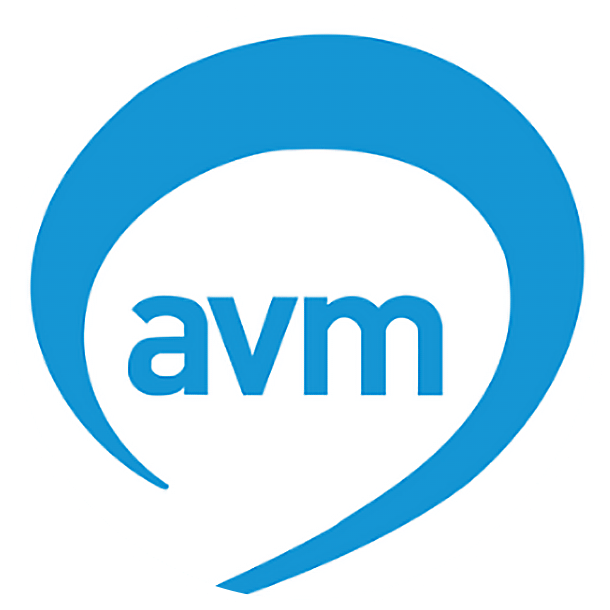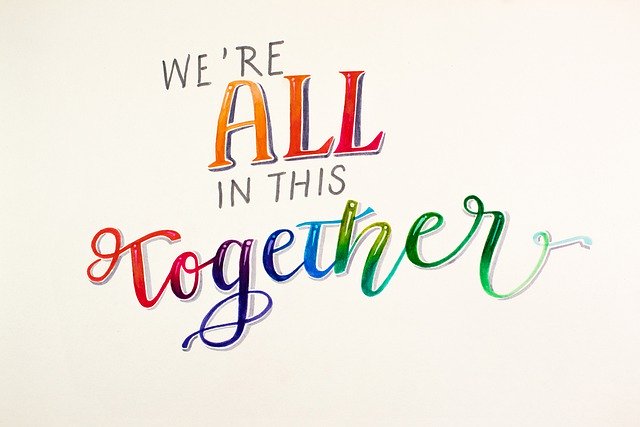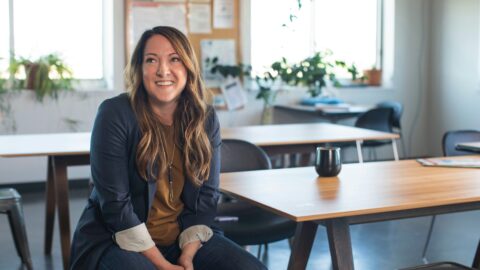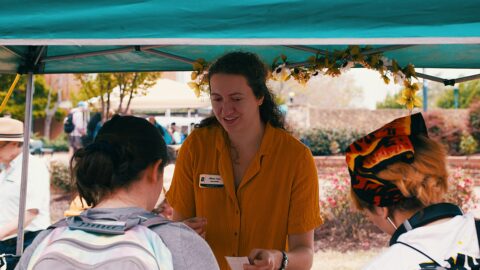Rebecca Kennelly, Director of Volunteering at RVS, discusses how the charity has been at the heart of Britain’s biggest mobilisation of volunteers since 1939
For the last two years, Royal Voluntary Service (RVS) has put considerable focus on growing newer forms of volunteering that make it easier and more flexible for people to give their time.
Little did we know when we started this work, that in February this year we would be plunged into a major health crisis. And that this would lead us to launch the biggest volunteer recruitment drive since we were founded in 1938.
As the threat of Covid-19 became more apparent we began to work with NHS England to understand how volunteers could support those most at risk of the virus and take pressure off the NHS. We also needed to think about a way to quickly and safely mobilise these volunteers so they could respond to tasks within a very short time frame.
The answer came in the form of the GoodSAM platform, an established app which has been used for the last five years to alert those trained (from resuscitation to cardiac arrest) to nearby incidents, while an ambulance is en-route. We recognised this technology could be adopted to speedily match volunteers to people nearby who needed support and with the fantastic team at GoodSAM we were able to mobilise a new digital solution.
NHS Volunteer Responders was born.
At the end of March, when lockdown was announced, we were ready for launch and a major call was made for the public to sign-up. They would be asked to sign-up for four different roles– from picking up shopping and prescriptions and giving lifts to medical appointments to making ‘check in and chat’ calls to people isolating and delivering hospital equipment.
Our original target of 250,000 volunteers was met within 24 hours, growing exponentially to 750,000 just 72 hours later.
We were absolutely overwhelmed with the public’s response, but our team rose to the challenge – processing hundreds of thousands of applications and DBS checks in a very short time.
By the end of the month, 600,000 volunteers had been approved. All ready to mark themselves as ‘on duty’ and start completing tasks for the 2.5million people self-isolating.
With safeguarding a key concern, our teams worked quickly and efficiently to produce thorough guidance for each volunteer role. This would ensure volunteers were adhering to social distancing and safeguarding rules (i.e. not entering people’s homes, not paying for shopping out of their own money.)
Since going live over 250,000 tasks have now been performed by NHS Volunteer Responders, who have been leaping into action across the country, wherever and whenever their help is needed. This help has proven invaluable to those who have been receiving it, and we have had an overwhelmingly positive response from those using the service.
The scheme now averages 7,000 tasks a day, with the majority (70%) matched and delivered within two hours and 98% within a 24-hour period.
Covid-19 has certainly revealed a desire amongst the public to volunteer, with a recent poll by Legal & General suggesting one fifth of the population has volunteered during the crisis.
This is encouraging, but as important for us, is that the NHS Volunteer Responder scheme has shown us a way of making volunteering more attractive and flexible and give people the flexible micro volunteering roles they want. We hope that once the crisis has eased, volunteering for those trying it for the first time, will become another part of the new-norm.
As we mark Volunteers Week 2020, we want to say thank you to all our volunteers, past and present, for their gifts of their time, talent energy and kindness. We are constantly humbled and inspired by everything that you do.
To request support from the NHS Volunteer Responders, referrals can be made by health professionals, as well as directly from the public, who can call the hotline number – 0808 196 3646 to request the support they need.
About Rebecca

Rebecca Kennelly is Director of Volunteering at Royal Voluntary Service.




